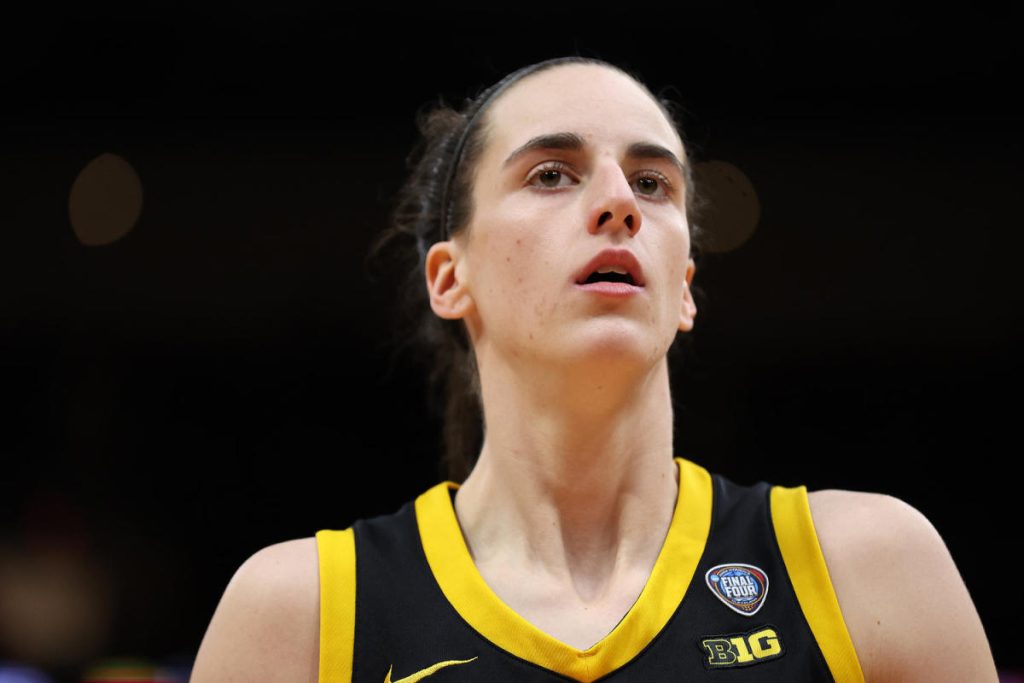College basketball superstar Caitlin Clark, who has already made history as NCAA Division I basketball’s overall top scorer, recently signed a rookie contract with the Indiana Fever after being selected as the No. 1 overall pick in the WNBA draft. Despite her impressive talent and star power, Clark’s salary is significantly lower than what male athletes earn in the NBA. Over four years, she will earn a total of $338,056, with a base salary gradually increasing each year based on the WNBA’s rookie scale for draft picks.
Clark’s contract pales in comparison to the eye-popping millions that male athletes such as the San Antonio Spurs rookie star Victor Wembanyama earn in the NBA. Women’s basketball players in the WNBA, including Clark and draft picks No. 2-4, will receive the same pay based on the league’s collective bargaining agreement. While Clark may earn more through endorsements and sponsorships, the disparity between WNBA and NBA salaries has sparked outrage on social media and ignited conversations about gender pay equity in sports.
Public figures such as Hoda Kotb and Jenna Bush Hager raised concerns about the stark pay gap between male and female athletes, with Kotb noting Clark’s high ratings and success in driving viewership. President Joe Biden also weighed in, emphasizing the importance of providing equal opportunities and fair pay for women in sports. Male athletes and other social media users expressed support for Clark and called for changes to ensure that female athletes receive the compensation they deserve.
The conversation around fair pay in women’s basketball is not new, with WNBA legend Lisa Leslie highlighting the disparities in salaries between male and female athletes. Journalist Lisa Ling also criticized the stark difference in earnings between WNBA players like Clark and NBA stars like Steph Curry, raising questions about whether women’s basketball players are receiving a living wage. The ongoing fight for more equitable pay in women’s sports has gained traction, with calls for increased support and recognition of the accomplishments of female athletes.
While female athletes like Caitlin Clark continue to excel on the court and inspire fans, the issue of gender pay equity in sports remains a pressing concern. The WNBA’s rookie salary structure and the significant difference in earnings between male and female athletes have sparked calls for change and greater parity in compensation. As discussions around equal pay in women’s basketball gain momentum, it is crucial to address the systemic inequalities that limit female athletes’ earning potential and recognition for their contributions to the sport.


